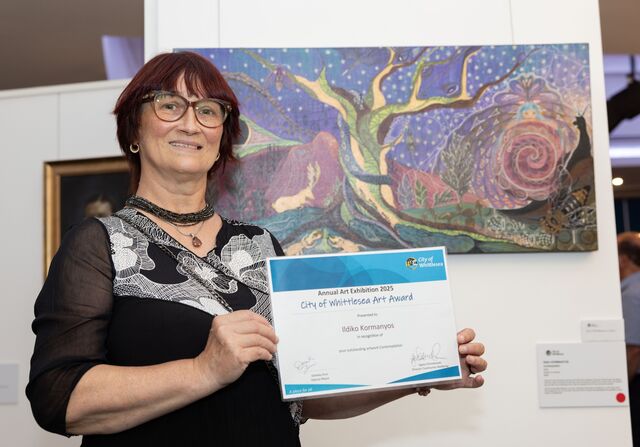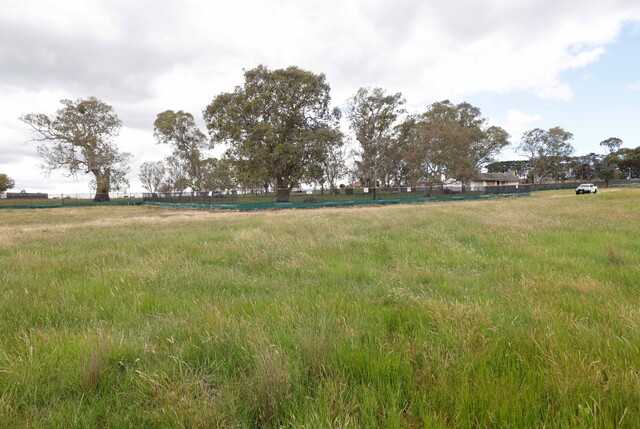THE Hume and Whittlesea municipalities continue to be among the state’s worst areas for family violence, recording more than 2000 incidents each in the last financial year.
Each municipality averaged about 200 incidents a month, and last month Hume recorded 218 cases and Whittlesea 178, according to police.
There will be “no second chances” for violent offenders, who will be held in custody before facing court, Whittlesea police inspector Bob Dykstra said.
Specialist family violence police would target repeat offenders and people at high risk in a harm reduction strategy, he said.
Whittlesea’s director of advocacy, Griff Davis, said Hume and Whittlesea rivalled each other as growth areas with high numbers of domestic violence incidents, while Mernda/Doreen was among the state’s worst suburbs.
“It’s a brand new area with people on relatively high incomes, but for some reason there’s a high rate of family violence,” he said.
Inspector Dykstra said an escalation in family violence in new growth areas could be stopped by the state and federal governments investing in infrastructure and services. “But they appear to be quite happy for these areas to turn into established places where domestic violence is already entrenched,” he said.
“The solution is easy – it is early intervention and delivering infrastructure and services to growth municipalities.”
Mr Davis said many people in the northern suburbs suffered mortgage stress, difficulty accessing services, hours of commuting time and a lack of social activities.
“There’s the breadwinner leaving home at 6.30am and getting home 12 hours later; there’s inadequate public transport so families have to run two cars and that compounds the mortgage stress,” he said.
He said the growth suburbs needed more childcare centres, kindergartens, schools and health services.
Women could help end their social isolation through informal mothers’ clubs which could be formed through “natural hubs” such as activity centres, childcare centres and kindergartens. Providing transport to business and industrial areas would help increase jobs and ease financial stress for families, he said.






